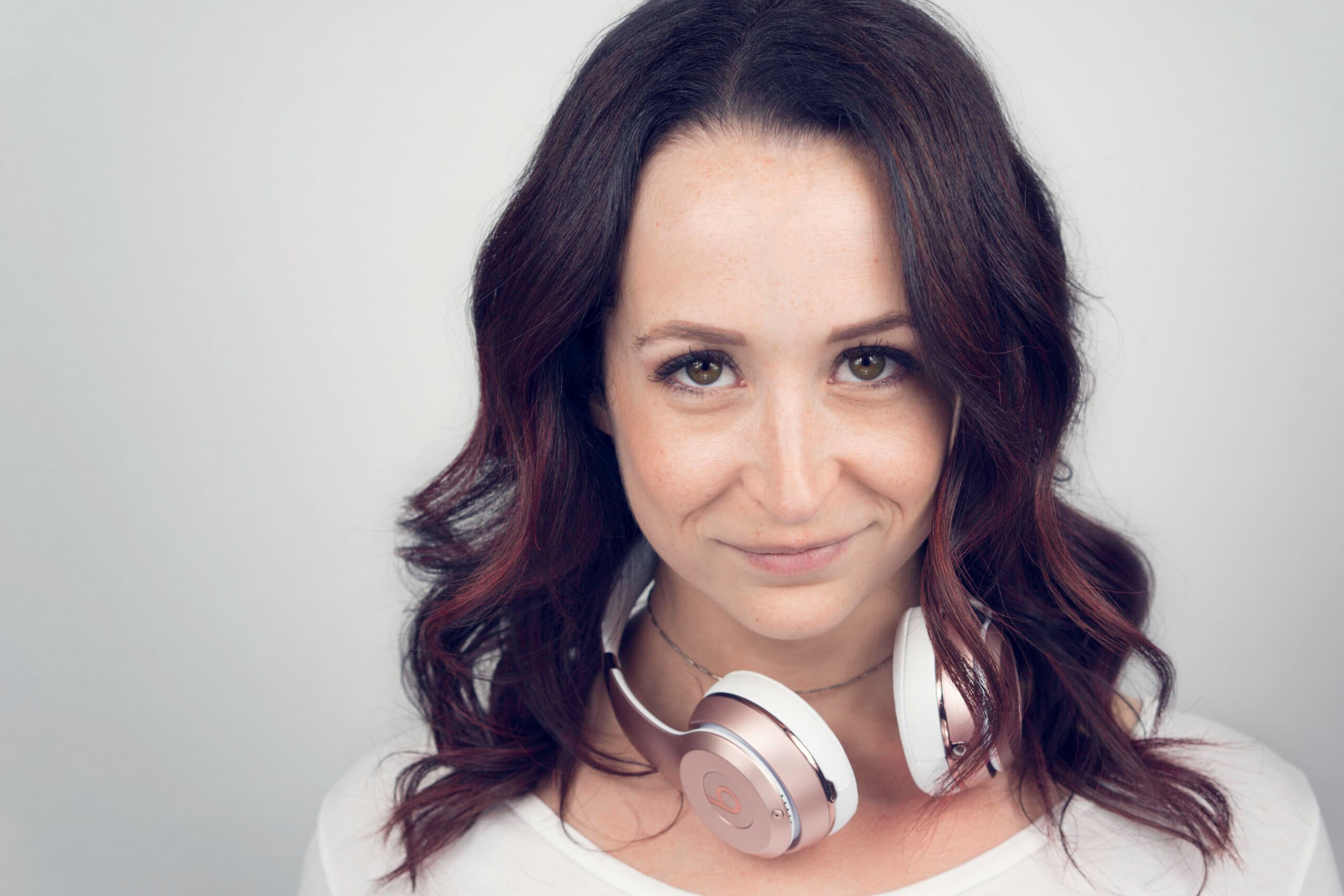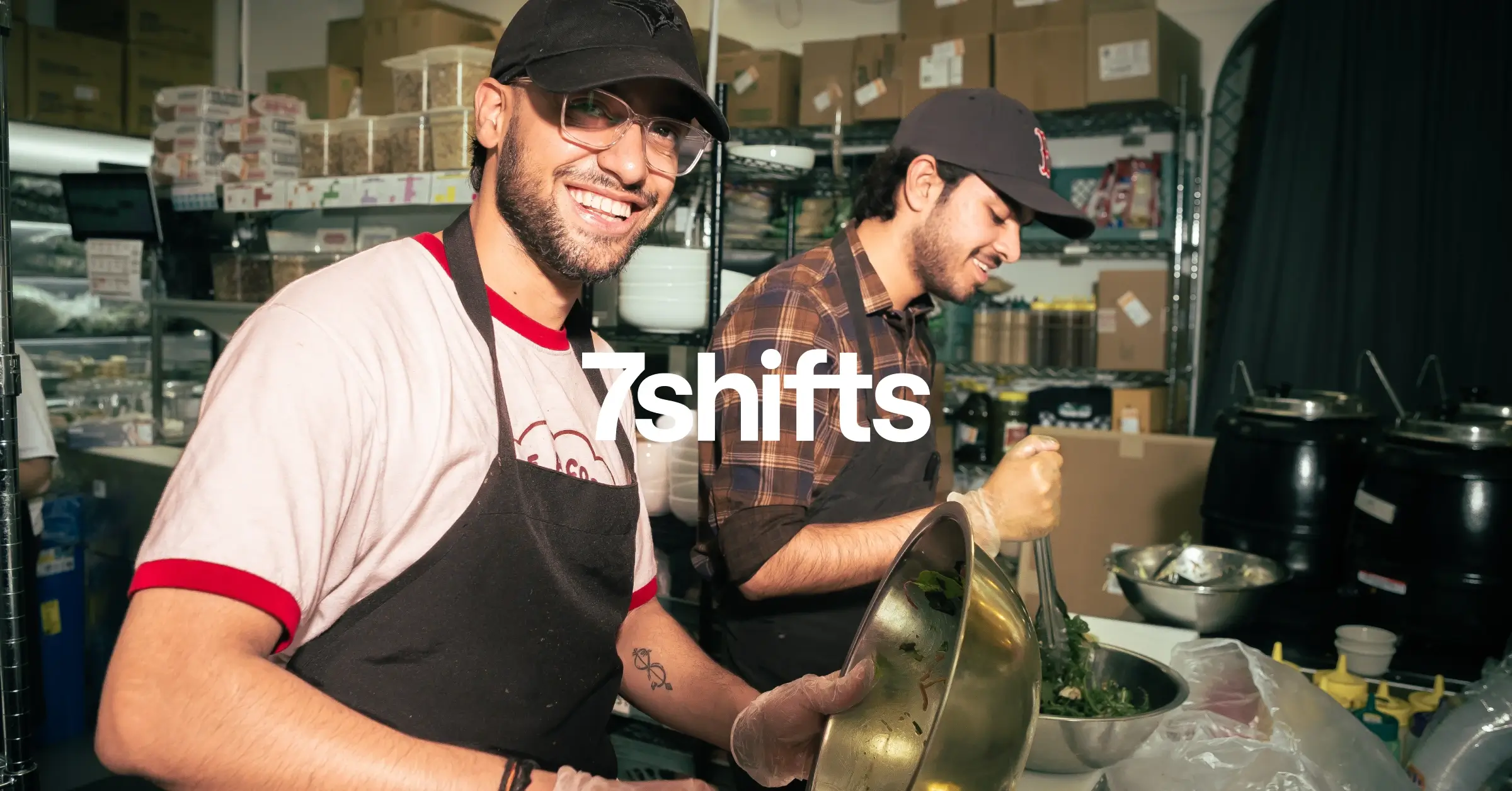If you’re working in the NY food industry, there’s one term you’ve probably heard tossed around more than once: the “food handlers card.” Whether you’re looking to flip burgers, prep salads, scooping gelato, or open your own food stall, this card is proof that you know how to keep food safe, your customers healthy, and your kitchen running smoothly. It’s a mandatory requirement to start any food business in the state.
Fortunately, getting certified isn’t hard. Let’s discuss the details of a food handler’s card, how to get one, and why it’s worth your time.
What is a food handlers card?
In most parts of the country, it’s called a food handler permit or certificate. But here in New York, it’s officially referred to as a food handlers card. This card proves that you’ve gone through food safety training and, more importantly, that you passed a test to show you understand the core principles. From preventing foodborne illness to keeping kitchen stations clean and organized, your food handlers card confirms that you’re prepared to do things right.
Now, is it absolutely required? That depends on your role. If you’re running or supervising a food service business, then yes, the certification is required by the city. For regular food handlers, it may not always be legally mandatory, but it’s often strongly recommended and preferred by employers. Some businesses won’t even consider hiring you without it. So, while it might not be a strict requirement in all cases, it’s definitely more than just a “nice to have.” It’s a smart, career-boosting move that keeps you competitive and compliant.
How do I get a food handlers card in New York?
In NYC, this usually means taking the Food Protection Course offered by the NYC Department of Health and Mental Hygiene (DOHMH). The course is your gateway to getting the card, and it’s designed to be accessible and flexible.
Option 1: Online Course (Most Popular Choice)
- Cost: Free, but there is a fee of $24.60 for the final exam
- Time commitment: About 15 hours in total
- Where to take it: You can register and take it through the NYC Health Department’s website
The first option involves taking this free online food protection course to receive a certification. The online course is broken into modules, and you can complete them at your own pace. So whether you want to knock out a few hours each night after your shift or dedicate a weekend to finish it all, the choice is yours.
You’ve got a six-month window from when you start the course to when you take the test. If you wait longer than that, you’ll have to redo everything.
But here’s the catch: you’ll still need to take the final exam in person. That takes place at the NYC Health Academy at Riverside Health Center, 160 West 100th Street, Manhattan. So plan ahead and book an appointment once you finish the course.
Option 2: In-Person Course
- Cost: $114 (based on 2025 rates)
- Time commitment: 15 hours over one week
- Location: Also held at 160 West 100th Street, Manhattan
Option #2 is structured like a traditional, in-person classroom course, usually held in the mornings or evenings depending on the language and session offered. The course is 15 hours long, typically spread over five days (Monday to Friday), with each daily session lasting about 3 hours. On city holidays, the schedule may be adjusted, but total hours remain the same.
It’s a great choice if you learn better with a teacher present or want to ask questions on the spot. You’ll take the test at the end of the week, so everything’s bundled into one trip.
What to expect on the exam for a food handler license
The final test isn’t meant to trick you, but it’s designed to confirm that you understand the basics of food safety. It’s a multiple-choice format with 50 questions, and you need a score of 70% or higher to pass.
The questions will cover topics like:
- Safe food storage and temperature control
- Recognizing and preventing foodborne illnesses
- Personal hygiene and protective gear
- Cleaning routines and sanitizing methods
- What to do during inspections or food recalls
The exam is offered in several languages, including Spanish, Chinese, and Korean, which makes it more accessible if English isn’t your first language.
If you pass (and you will if you pay attention during the course), you’ll receive your official food protection certificate upon completion. It’s printed and handed to you on the spot or mailed shortly after, depending on how you take the test.
Tips to prepare for success
Preparing for your NYC Food Protection Certificate isn’t just about passing a test. It’s about showing that you’re ready to handle real responsibility in the kitchen. Whether you’re new to food service or already seasoned on the line, this exam marks an important milestone in your professional growth.
Don’t just click through
It can be tempting to breeze through the online modules, especially if you already work in food service and feel confident. But treat the course like you would a training session or a college class. Take notes, pause when new or detailed information is presented, and reflect on how it applies to your real work environment. The more actively you engage, the more you retain.
Use the review quizzes
Each module wraps up with a short quiz that mirrors the types of questions you’ll see on the final exam. These aren’t just for fun. They’re great diagnostic tools. If you miss a question, dig into why and revisit that part of the module. The more practice you get with the format and content, the more confident you’ll feel when it’s time to test.
Revisit tricky modules
Some topics, like safe cooking temperatures or foodborne illness types, can get a little technical. Don’t worry if it doesn’t all stick the first time. One of the best things about a self-paced course is the ability to rewind and review. Watch those trickier sections again, and try explaining the concepts out loud as if you’re training someone else. Teaching is a great way to lock it in.
Apply what you learn
If you’re currently on the job, take the principles from the course and use them at work the same day. For example, double-check how your team labels storage bins or how often cutting boards are sanitized. When you apply what you’re learning in real time, you build muscle memory and deepen your understanding.
Sleep well before the test
It might sound simple, but rest matters. You’ll need a clear head to recall details like temperature ranges and contamination risks. Avoid cramming at the last minute as it often creates more stress than clarity. Instead, review your notes the night before and get a good night’s sleep so you show up refreshed and focused.
How long does a food handler’s card last?
In most cases, your food handlers card does not expire in New York City. Once you’ve passed the course and received your certificate, you’re good to go indefinitely as long as you’re not a mobile food vendor.
Mobile food businesses and vendors may be required to renew their certifications or complete refresher training depending on updates to city health code regulations. If you’re operating a food truck or cart, it’s smart to check with the Department of Health now and then to stay compliant.
Still, even if your certification doesn’t technically expire, brushing up on best practices now and then is a good idea. Food safety rules evolve, and keeping up helps you stay sharp and avoid costly mistakes in the kitchen.
Ready, set, certify
Getting your food handlers card in the state of New York isn’t just about ticking off a requirement, but about making sure every dish that leaves your kitchen is safe to serve. As Dr. Margaret Chan, former WHO Director-General, once said, “Food safety touches everyone in the world.” Whether you’re a prep cook, a server, or a business owner, having your food handlers card means stepping up and taking responsibility for keeping food safe. And now that the city offers flexible, online options, there’s really no barrier to getting certified. It’s affordable, informative, and a great way to show your professionalism.
If you’re planning to work in or open a food business, the card is just one part of the checklist. Depending on your role and operation, you might also need:
- A Mobile Food Vendor License, if you’re selling food from a cart or truck
- A Food Establishment Permit, if you’re running a restaurant, café, or brick-and-mortar food shop
- A Food Protection Certificate, which is required for supervisors and owners, and covers more advanced food safety protocols
You can check out this complete guide from 7shifts to see more information and what other licenses and permits you might need to stay on the right side of regulations.

Rebecca Hebert, Sales Development Representative
Rebecca Hebert
Sales Development Representative
Rebecca Hebert is a former restaurant industry professional with nearly 20 years of hands-on experience leading teams in fast-paced hospitality environments. Rebecca brings that firsthand knowledge to the tech side of the industry, helping restaurants streamline their operations with purpose-built workforce management solutions. As an active contributor to expansion efforts, she’s passionate about empowering restaurateurs with tools that genuinely support their day-to-day operations.
